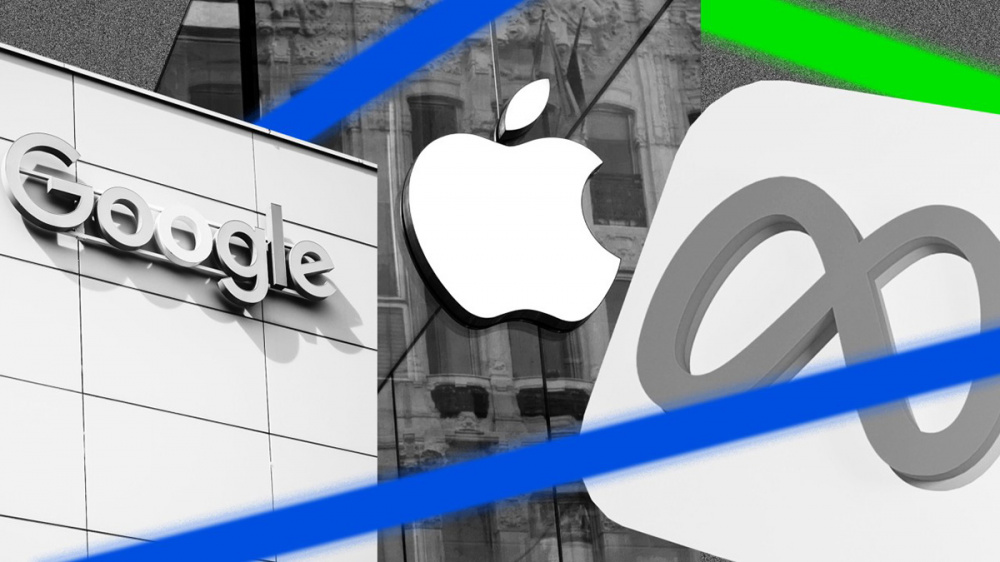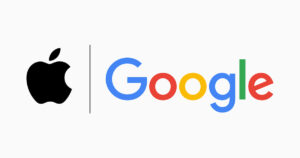In a bold move to reframe the debate on online child safety, Meta CEO Mark Zuckerberg is pressing Congress to direct its regulatory scrutiny toward tech giants Apple and Google, rather than his own platforms, Facebook and Instagram. The Facebook founder’s latest lobbying efforts argue that app store operators hold the key to protecting children online through mandatory age verification. This push comes as lawmakers grapple with mounting pressure to address the risks young users face on digital platforms, from exposure to harmful content to predatory behavior.
Zuckerberg’s campaign marks a strategic pivot in the ongoing discourse around online safety, aligning with a broader industry trend of deflecting responsibility while advocating for targeted reforms. His proposal has sparked both support and skepticism, with critics accusing Meta of sidestepping accountability for its own platforms’ shortcomings. As Congress weighs options like the Kids Online Safety Act (KOSA), Zuckerberg’s influence could reshape the regulatory landscape in ways that benefit Meta while placing new burdens on its rivals.

A Call for App Store Accountability
In his video address, Zuckerberg emphasized that Apple and Google, as gatekeepers of the app ecosystem, are uniquely positioned to enforce age verification at the point of app downloads. “The reality is, app stores control what gets on your phone,” he said. “If Congress wants to protect kids, the most effective way is to make sure age restrictions are enforced before apps even reach users.”
His argument hinges on the idea that app stores, which serve as the primary distribution channels for mobile applications, can implement systemic checks to ensure age-appropriate content. By requiring app stores to verify users’ ages—potentially through government-issued IDs or parental consent mechanisms—Zuckerberg contends that Congress could create a universal standard without burdening individual platforms like Meta.
This proposal dovetails with recent posts on X, where users noted Zuckerberg’s aggressive lobbying efforts, including a flurry of Meta-funded advertisements in Washington, D.C. “Meta CEO is flooding #DC w/ads aimed at convincing #lawmakers to require his #rivals’ app stores to verify shoppers’ ages,” one user wrote, reflecting the sentiment that Zuckerberg is strategically redirecting regulatory heat.
The Context: A Growing Push for Online Safety
The debate over online child safety has intensified in recent years, fueled by high-profile incidents and mounting evidence of social media’s impact on young users’ mental health. Studies, including a 2023 report from the American Psychological Association, have linked excessive social media use to increased rates of anxiety, depression, and body image issues among teenagers. Lawmakers, responding to public outcry, have introduced bills like KOSA, which would mandate platforms to implement stronger safeguards for minors, such as default privacy settings and content moderation tools.
However, KOSA and similar proposals have faced pushback from tech companies and free speech advocates, who argue that broad regulations could stifle innovation or infringe on user rights. Zuckerberg’s focus on app stores offers a narrower alternative, one that aligns with Republican lawmakers’ growing interest in app store-specific reforms. By framing Apple and Google as the linchpins of online safety, Meta positions itself as a cooperative player rather than a primary target.
A Strategic Maneuver or Genuine Reform?
Zuckerberg’s proposal has drawn mixed reactions. Supporters, including some GOP lawmakers, see it as a pragmatic solution that leverages existing infrastructure. “App stores are the front door to the internet for most kids,” said Senator Ted Cruz (R-TX) in a recent statement. “It makes sense to start there.” The idea also resonates with parents’ groups, who have long called for clearer age restrictions on apps like TikTok and Snapchat, which are accessible through Apple’s App Store and Google Play.
Yet critics argue that Zuckerberg’s push is a calculated effort to deflect scrutiny from Meta’s own track record. Facebook and Instagram have faced repeated criticism for failing to curb harmful content, from cyberbullying to misinformation. A 2021 internal Meta report, leaked by whistleblower Frances Haugen, revealed that the company was aware of Instagram’s negative effects on teen mental health but took limited action. “Zuckerberg’s trying to throw Apple and Google under the bus to save his own skin,” said Josh Golin, executive director of Fairplay, a nonprofit focused on child welfare in digital spaces.
Skeptics also point to Meta’s business interests. By shifting responsibility to app stores, Meta could avoid costly compliance measures while maintaining its advertising-driven model, which relies heavily on user data, including from younger audiences. “This isn’t about protecting kids—it’s about protecting Meta’s bottom line,” Golin added.
Apple and Google’s Response

Apple and Google have remained relatively quiet on Zuckerberg’s proposal, though both companies have faced their own share of criticism over app store policies. Apple’s App Store, in particular, has been under scrutiny for its 30% commission on in-app purchases and its strict control over app approvals. Google, meanwhile, has been criticized for lax enforcement of content guidelines on Google Play, allowing apps with questionable age ratings to slip through.
In response to past regulatory pressure, both companies have introduced some child safety measures. Apple’s Screen Time feature allows parents to monitor and restrict app usage, while Google’s Family Link offers similar controls. However, these tools are opt-in and rely on parental initiative, which critics argue is insufficient for systemic change. Neither company has publicly endorsed mandatory age verification, likely wary of the logistical and privacy challenges it would entail.
The Broader Implications
Zuckerberg’s push comes at a pivotal moment for tech regulation. With YouTube reporting over 2.7 billion monthly active users and platforms like TikTok and Snapchat dominating youth culture, the stakes for online safety are higher than ever. The sheer volume of content—YouTube alone hosts 14.8 billion videos, with 500 hours uploaded every minute—makes comprehensive moderation a daunting task.
If Congress adopts Zuckerberg’s app store-focused approach, it could set a precedent for how responsibility is distributed across the tech ecosystem. Proponents argue that this model would streamline enforcement, creating a single point of accountability rather than a patchwork of platform-specific rules. However, opponents warn that it risks oversimplifying a complex problem. “Age verification sounds good on paper, but it’s not a silver bullet,” said Sarah Myers West, co-director of the AI Now Institute. “It doesn’t address the root issues of algorithmic amplification or predatory advertising, which are just as harmful to kids.”
Privacy concerns also loom large. Requiring app stores to collect age-verifying data could raise red flags under laws like the Children’s Online Privacy Protection Act (COPPA), which restricts data collection from users under 13. Any new system would need to balance safety with user rights, a challenge that has stymied regulators for years.
The Political Landscape
Zuckerberg’s lobbying efforts are gaining traction in Washington, particularly among Republicans wary of overregulating social media platforms. Posts on X indicate that Meta’s ad campaign is resonating with some lawmakers, with one user noting that Zuckerberg is “making headway” by aligning with GOP priorities. However, Democrats, who have historically favored broader reforms, remain skeptical. Senator Elizabeth Warren (D-MA) recently tweeted, “Zuckerberg’s finger-pointing at Apple and Google doesn’t absolve Meta of its responsibility to keep kids safe.”
The Kids Online Safety Act, which has bipartisan support, remains a sticking point. While KOSA focuses on platform-level accountability, Zuckerberg’s proposal could splinter its coalition by offering a less intrusive alternative. “If Meta succeeds in redirecting the conversation, it could delay or dilute stronger regulations,” said Ruth Reader, a technology reporter for POLITICO.
Looking Ahead
As Congress debates its next steps, the tech industry is bracing for change. Zuckerberg’s video statement, viewed as a direct appeal to both lawmakers and the public, underscores the high stakes of the online safety debate. While his call for app store regulation has sparked a necessary conversation, it also highlights the complexities of governing a digital landscape that evolves faster than policy can keep up.
For parents, the issue remains deeply personal. “I just want to know my kids are safe when they’re online,” said Maria Gonzalez, a mother of two from Chicago. “I don’t care who’s responsible—Apple, Google, Meta. Someone needs to step up.”
As the regulatory battle unfolds, one thing is clear: the fight to protect children online is far from over. Whether Zuckerberg’s proposal gains traction or fades into the background, the pressure on tech companies to act responsibly will only intensify. For now, Meta’s CEO has succeeded in shifting the spotlight—at least temporarily—onto his rivals. But in the court of public opinion, the verdict is still out.


